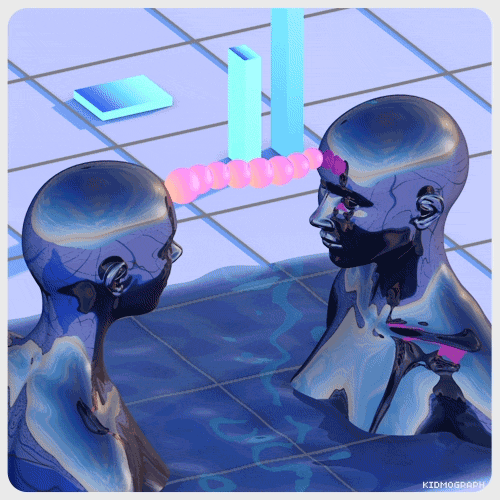Artificial Intelligence

Artificial Intelligence(AI): the theory and development of computer systems able to perform tasks that normally require human intelligence, such as visual perception, speech recognition, decision-making, and translation between languages.
Machine Learning(ML): an application of artificial intelligence that provides systems the ability to automatically learn and improve from experience without being explicitly programmed. Machine learning focuses on the development of computer programs that can access data and use it learn for themselves.
Artificial Narrow Intelligence
Credit to Wait But Why and Tech Talks
Artificial Narrow Intelligence(ANI): Narrow AI is the only form of Artificial Intelligence that humanity has achieved so far. This is AI that is good at performing a single task, such as playing chess or making purchase suggestions, sales predictions and weather forecasts. Computer vision, natural language processing are still at the current stage narrow AI. Speech and image recognition are narrow AI, even if their advances seem fascinating. Even Google's translation engine, sophisticated as it is, is a form of narrow Artificial Intelligence.
Self-driving car technology is still considered a type of narrow AI, or more precisely, a coordination of several narrow AIs.
In essence, narrow AI works within a very limited context, and can't take on tasks beyond its field. So you can't expect the same engine that transcripts audio and video files to, say, order pizza for you. That's the task of another AI.
Narrow AI is sometimes also referred to as "weak AI." However, that doesn't mean that narrow AI is inefficient. In contrary, it is very good at routine jobs, both physical and cognitive. It's narrow AI that is threatening to replace (or rather displace) many human jobs. And it's narrow AI that can ferret out patterns and correlations from data that would take eons for humans to find.
Credit to Futurism

Artificial General Intelligence
Credit to Tech Talks
Artificial General Intelligence(AGI): also known as human-level AI or strong AI, is the type of Artificial Intelligence that can understand and reason its environment as a human would. General AI has always been elusive. We've been saying for decades that it's just around the corner.
But the more we delve into it, the more we realize that it's hard to achieve-and the more we come to appreciate the miracle that is behind the human brain. It's really hard to define what a human-level artificial intelligence would be. You just need to look at how you perceive things, juggle between multiple unrelated thoughts and memories when making a decision. That's very hard for computers to achieve.
Humans might not be able to process data as fast as computers, but they can think abstractly and plan, solve problems at a general level without going into the details. They can innovate, come up with thoughts and ideas that have no precedence. Think about the invention of the telephone, ships, telescopes, concepts such as mail, social media, gaming, virtual reality. It's very hard to teach a computer to invent something that isn't there.
Some say we'll see general AI before the turn of the century. Some, such as Google's Peter Norvig and IBM's Rob High believe we don't even need human level AI.
Artificial Super Intelligence
Credit to Tech Talks
Artificial Super Intelligence(ASI): According to University of Oxford scholar and AI expert Nick Bostrom, when AI becomes much smarter than the best human brains in practically every field, including scientific creativity, general wisdom and social skills, we've yet to achieve Artificial Super Intelligence.
ASI is even more vague than AGI at this point.
By some accounts, the distance between AGI and ASI is very short. It'll happen in mere months, weeks, or maybe the blink of an eye and will continue at the speed of light. What happens then, no one knows for sure. Some scientists such as Stephen Hawking see the development of full artificial intelligence as the potential end of humanity. Others, such as Google's Demis Hassabis, believe the smarter AI gets, the better humans will become at saving the environment, curing diseases, explore the universe, and at understanding themselves.
